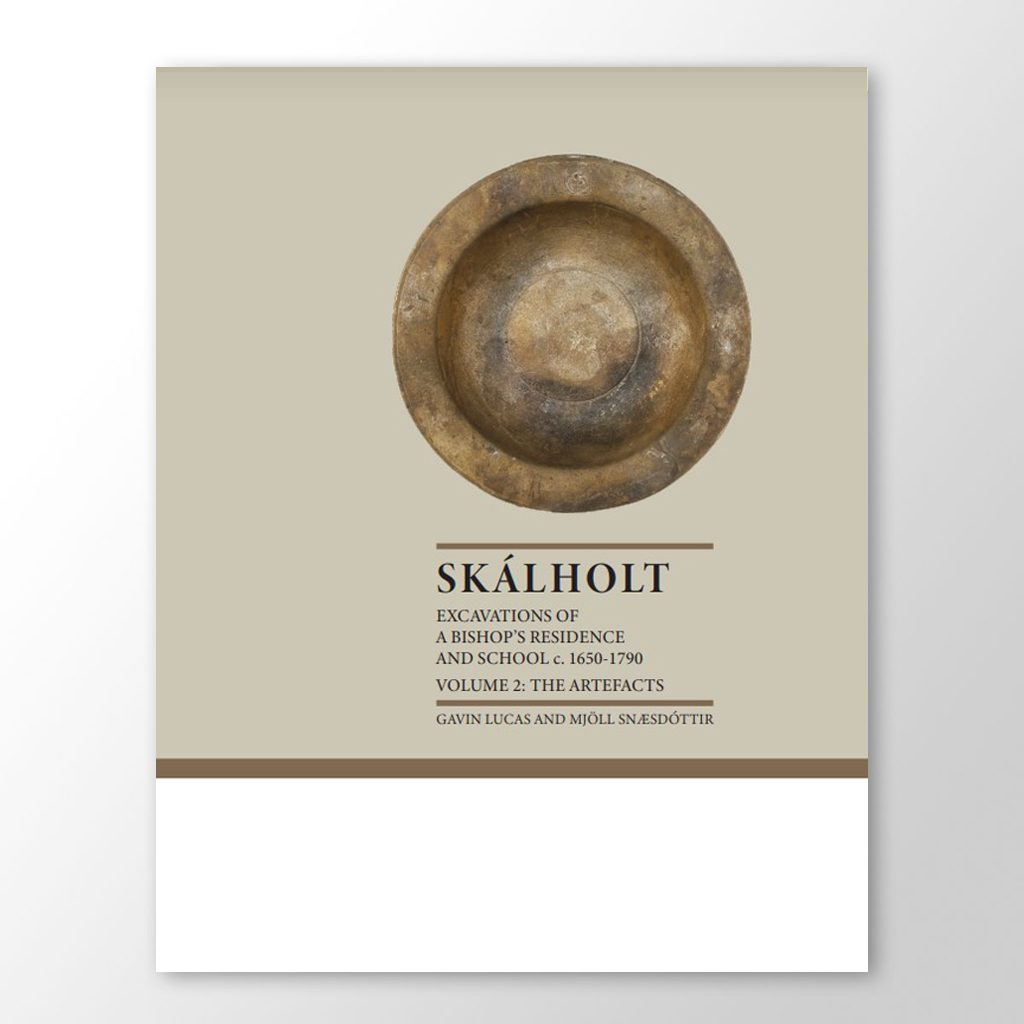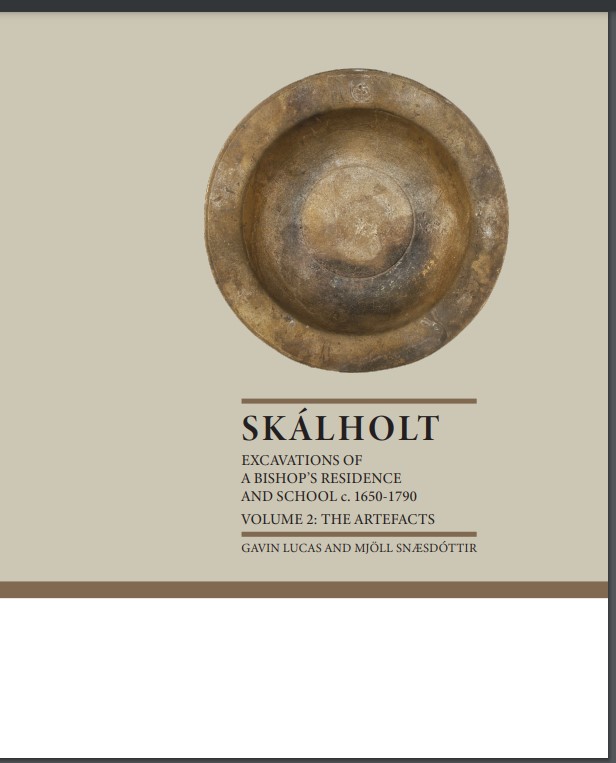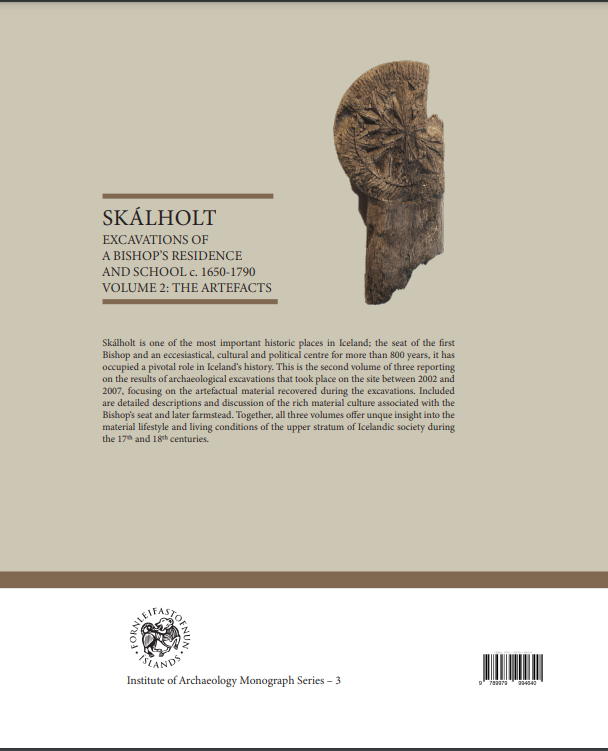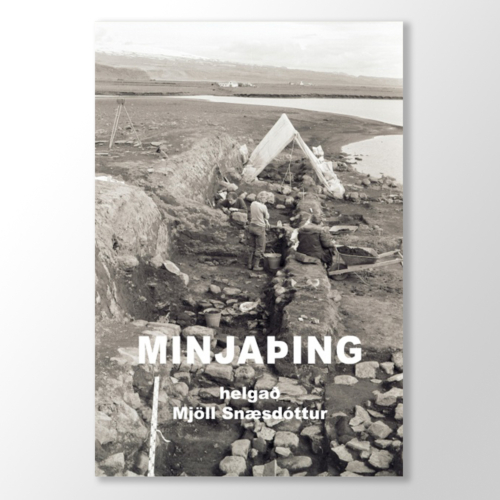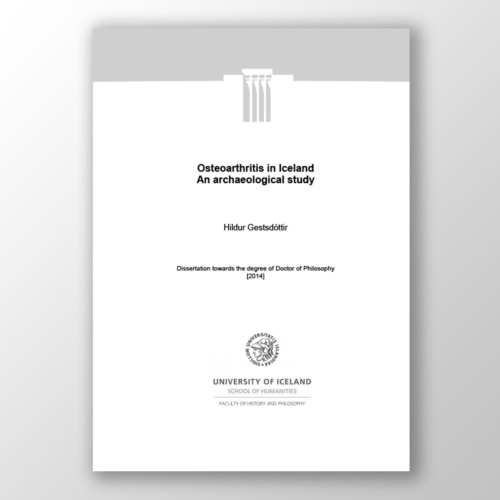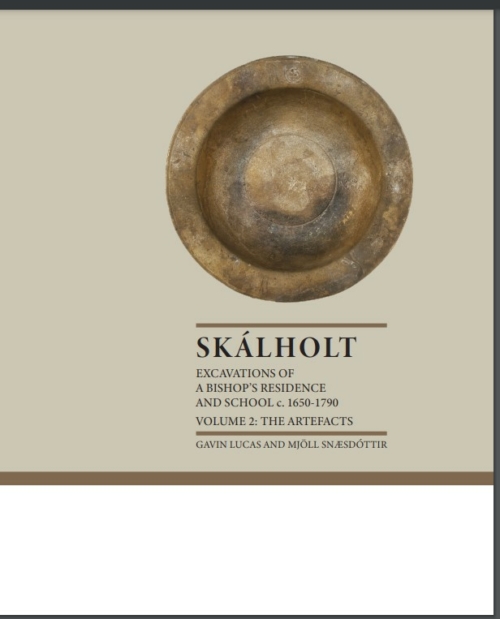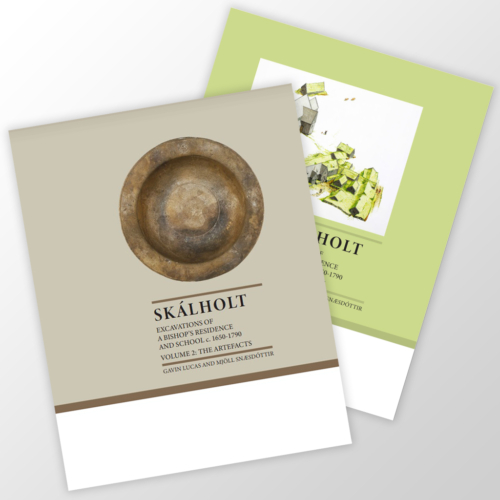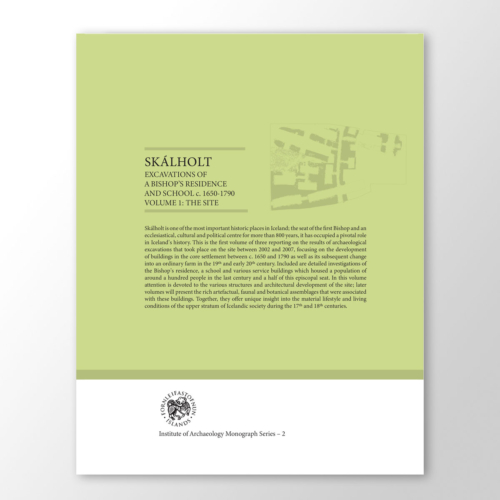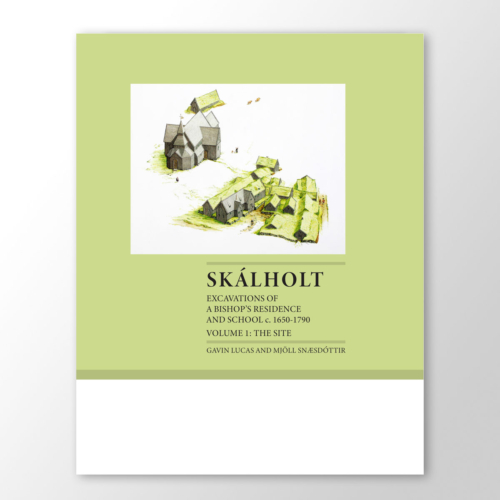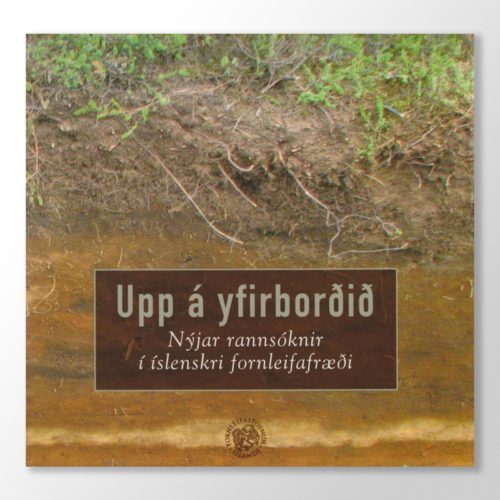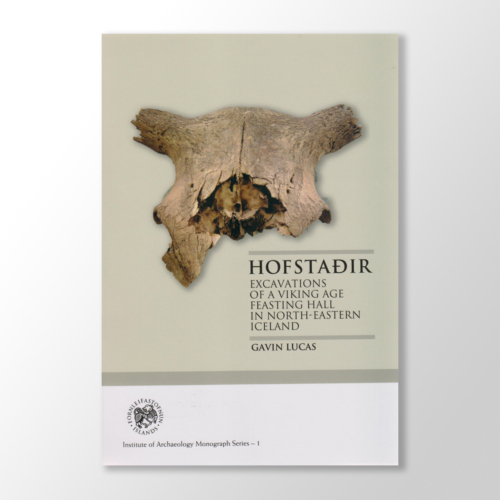Útgefandi: Fornleifastofnun Íslands
Skálholt: Excavations of a Bishop’s Residence and School c.1650-1790.
Volume 2: The Artefacts.
Skálholt er einn merkasti sögustaður á Íslandi. Þar var fyrst settur biskupsstóll og staðurinn var miðstöð menningar, stjórnsýslu og kirkjustjórnar í meira en 800 ár. Þetta er annað bindið af þremur sem fjalla um niðurstöður fornleifarannsókna sem fram fóru í Skálholti milli 2002 og 2007. Í þessu bindi er fjallað um ríkulegt safn gripa úr rannsókninni í máli og myndum. Það gefur góða mynd af efnisheimi biskupsstólsins og síðar býlisins í Skálholti. Í síðasta bindi verður fjallað um ríkuleg söfn dýraleifa og plöntuleifa sem tengjast þessum byggingum. Saman gefa Skálholtsbækurnar einstæða sýn inn í efnismenningu og lifnaðarhætti hærri stétta í íslensku samfélagi á 17. og 18. öld.
Bókin er á ensku með samantekt á íslensku.
Publisher: The Institute of Archaeology, Iceland 2024
Skálholt: Excavations of a Bishop’s Residence and School c.1650-1790.
Volume 2: The Artefacts
Skálholt is one of the most important historic places in Iceland; the seat of the first Bishop and an ecclesiastical, cultural and political centre for more than 800 years, it has occupied a pivotal role in Iceland’s history. This is the second volume of three reporting on the results of archaeological excavations that took place on the site between 2002 and 2007. In this volume attention is devoted to the study of artefacts found at the site. It includes detailed descriptions and discussions of the rich material culture associated with the Bishop´s seat and later farmstead in Skálholt. The third volume will present the rich faunal and botanical assemblages from the site. Together, they offer unique insight into the material lifestyle and living conditions of the upper stratum of Icelandic society during the 17th and 18th centuries.
The book is in English with an Icelandic summary.

